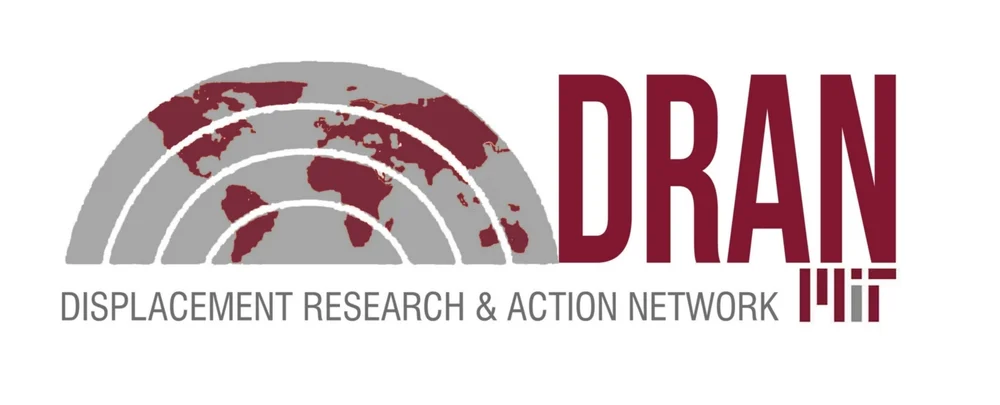OCTOBER 7, 2016
DRAN RECEIVES GRANT FROM SAMUEL TAK LEE RESEARCH FUND
The DRAN Team is excited to announce the start a new project funded by the Samuel Tak Lee Research Fund. The project will compare compensation frameworks for displaced individuals and communities across five different countries—USA, India, South Africa, Colombia and Brazil—along with international standards from the World Bank and various UN bodies. Each national compensation framework will be analyzed in practice through 5 detailed case studies using qualitative and quantitative methods. Key issues to be addressed in the project will include: the different ways in which landed property is assigned value; the rights afforded to communities in negotiating for compensation; and some possible alternative compensation frameworks that could be pursued by governments or international agencies. DRAN is extremely appreciative of the STL Fund for making this exciting new project possible. You can read the abstract for the proposal on the STL website by clicking here.
PROPERTY IN LAND, TAKINGS AND FAIR COMPENSATION: A COMPARATIVE ANALYSIS
Abstract:
This proposal relates to ‘land and property rights’ and ‘sustainable urbanization’ in the RFP. Each year, millions of urban, peri-urban and rural residents lose access to land through ‘takings’. Governments have always asserted their power to expropriate or ‘take’ land owned or occupied by their citizens, provided that they don’t render them worse off. Typically, this is sought to be done through a “fair” process of land acquisition, as well as a “fair” compensation for the losses resulting from the ‘taking’. Other actors such as land lords or developers are also often enabled through laws and policies to displace residents, which constitute a form of land and housing dispossession although not ‘taking’ in strict legal sense. At the heart of these land dispossessions is the question of what constitutes fair compensation or assistance. Most land takings lead to disputes, with a serious impact on public order, and resistance from those whose lands and houses are taken. In this project, we propose to analyze the legal and policy frameworks that govern property in land in a select number of countries, from both global North and South, and specifically examine the compensation and assistance frameworks that are used. The main purpose of this project is to understand the legal and policy frameworks used by different actors – private developers, governments, and land users, owners/occupiers – to estimate what constitutes fair compensation and assistance in a context of hyper urbanization and commodification of land. To do this, we will analyze 5 selected countries (US, India, Brazil, Colombia, South Africa), which have been dentified by our research group, the Displacement Research and Action Network (DRAN). The purpose is to examine how far the laws, policies and practices of these countries measure up against global standards and tools that are available, such as the Eviction Impact Assessment Tool1, and the UN Basic Principles and Guidelines on Development-Induced Displacement, for estimating losses from land takings and displacement. A comparison of the different countries may yield useful lessons for other countries such as China, by showing how different models of land governance may lead to different outcomes.

